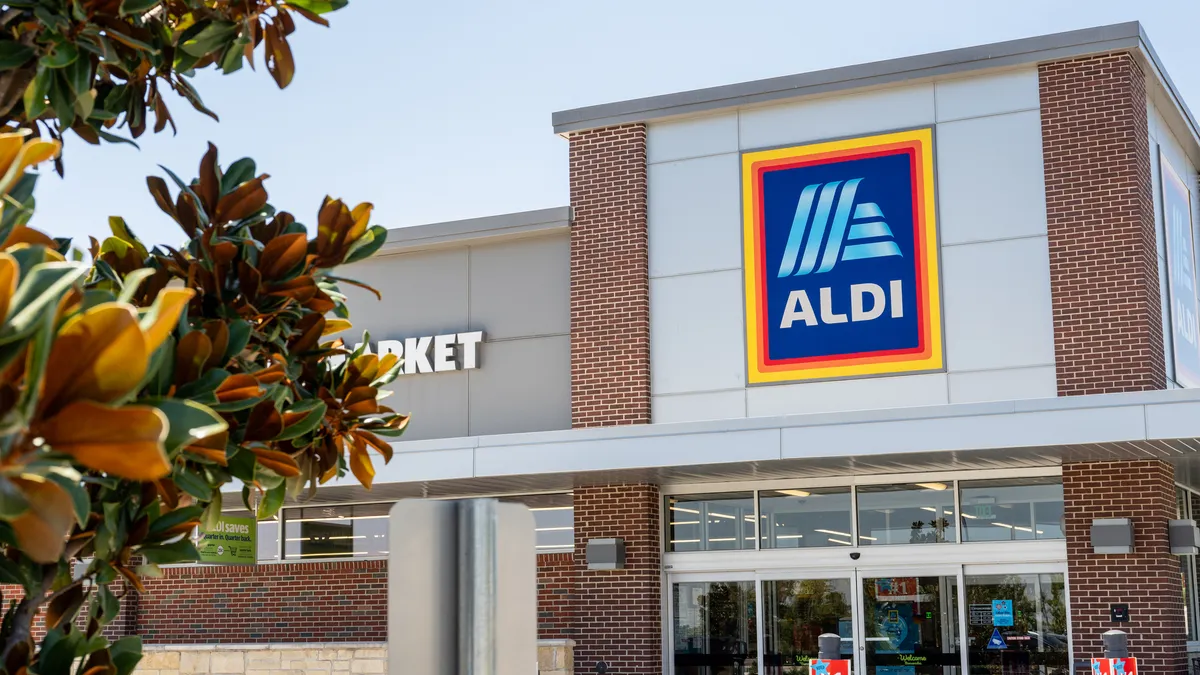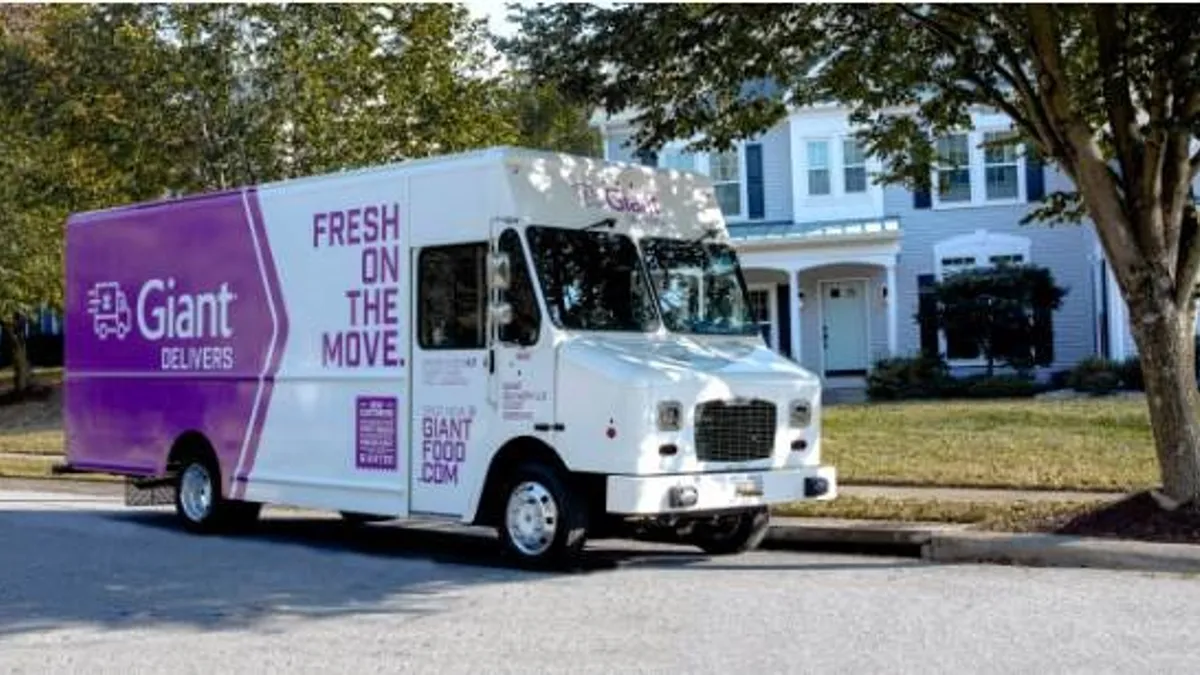Online ship-to-home grocers have enjoyed steady growth in recent years, but have struggled to get ahead of low customer loyalty and tricky economics. The novel coronavirus pandemic has given these companies a much-needed shot in the arm, and now they’re looking to scale up and achieve long-term, sustainable growth.
Thrive Market, which charges an annual membership of $60 in return for wholesale prices on a curated selection of better-for-you products, had just more than 300,000 paid members in 2016 and now counts more than 1 million, co-founder and CEO Nick Green said during a presentation at the ICR Conference Wednesday. For every membership purchased, the company donates a membership to a low-income family, student, teacher, veteran or first responder, meaning Thrive’s active member base could be as much as double that figure.
Green said Thrive achieved profitability in last year’s Q4 and expects to turn a profit this year. He said the company's sales are in the "mid-hundreds of millions" and that its Thrive Market private brand is doing more than $100 million in yearly sales.
A major focus for the company is building out that private label assortment, including sub-brands like the recently launched Wellmade, in addition to its core Thrive Market line. Own brands currently make up less than 10% of SKUs, but account for more than 30% of Thrive’s sales, Green said.
“As we look forward we're going to be launching different categories, different brands by Thrive Market, each with their own brand equities and quality commitments,” he said. “All of that will be informed by this huge data treasure trove that we have on the retail side.”
Green said Thrive is becoming more of a CPG firm in addition to a membership retailer, but said the company has no plans to sell into other channels at this time. Last year, online retailer Public Goods began selling products at CVS stores, while a newly reborn Brandless aims to sell its products at brick-and-mortar retailers.
“We've definitely had knocks on the door,” Green said. “Plenty of retailers I think would like to carry the products that we're selling, but we're not as interested in pursuing opportunities that [are not part of] our membership.”
Thrive, which carries around 6,000 products on its site, is expanding its assortment of nonfoods like home and cleaning products. It’s also expanding its assortment of frozen foods — a category that has taken flight as more consumers eat at home.
Boxed, the online retailer that sells bulk-sized goods, has also enjoyed a pandemic-fueled boost and is looking to grow beyond staple goods like toilet paper and snacks that make up the core of its business. Like Kroger and Walmart, Boxed now sells digital advertising on its site and connects to third-party sellers through an online marketplace. Boxed CEO Chieh Huang says the marketplace has helped Boxed, which carries around 2,000 in-house SKUs, boost shopper baskets.
“You're going to see us really accelerate on third-party marketplace,” he said.
Sales to business clients, which make up a significant portion of Boxed’s revenue, have taken a hit amid office closures. Consumer sales helped mitigate the damage, said Huang, who expects B2B sales to come “roaring back” once the pandemic lifts. Boxed is also having success selling its technology stack, which is developed in-house, to other retailers. Huang said the company plans to soon announce tie-ups.
Both CEOs did not rule out eventually entering the public markets — though the prospect seems a distant one, even given their recent growth. Boxed in the past deflected an acquisition offer from the likes of Kroger and Amazon, according to reports, and with research showing online grocery shopping is becoming an entrenched habit with consumers, that could boost acquisition interest in e-grocers.
But ship-to-home grocers face mounting challenges to their growth, including a growing number of e-grocers such as Fresh Midwest, which launched in October. Brick-and-mortar grocers, including Amazon, offer the advantage of same-day delivery and are rapidly building out their platforms. Huang, for one, said Boxed has worked hard to speed up fulfillment times, with 91% of orders coming in two days or less.
Meanwhile, Thrive stands to benefit from its membership model, which, like Costco's, locks in shopper loyalty and gives the company a strong revenue base. The club retailer’s business model actually had a strong influence on Thrive’s strategy, Green said, including its curated assortment. Thrive’s membership renewal rates are above 70%, he noted, with that number climbing above 80% among shoppers that have been with the company for three years or more.
















